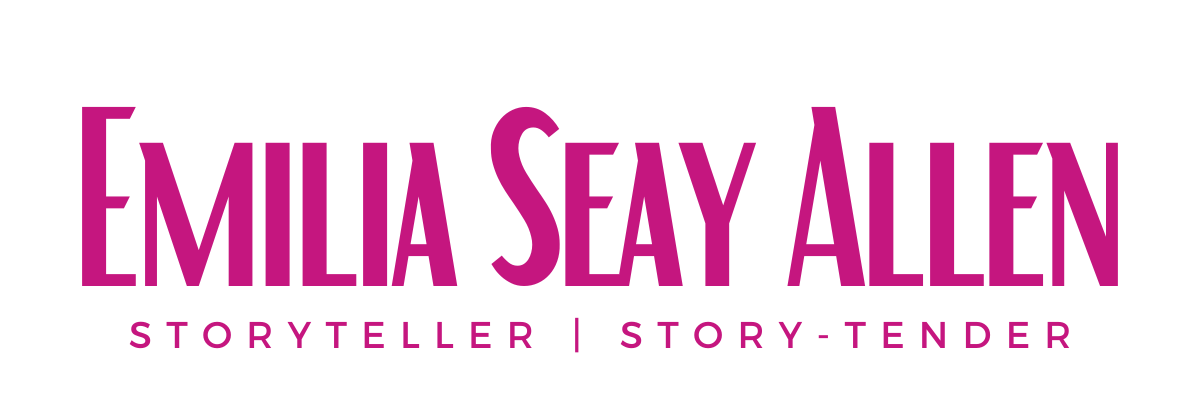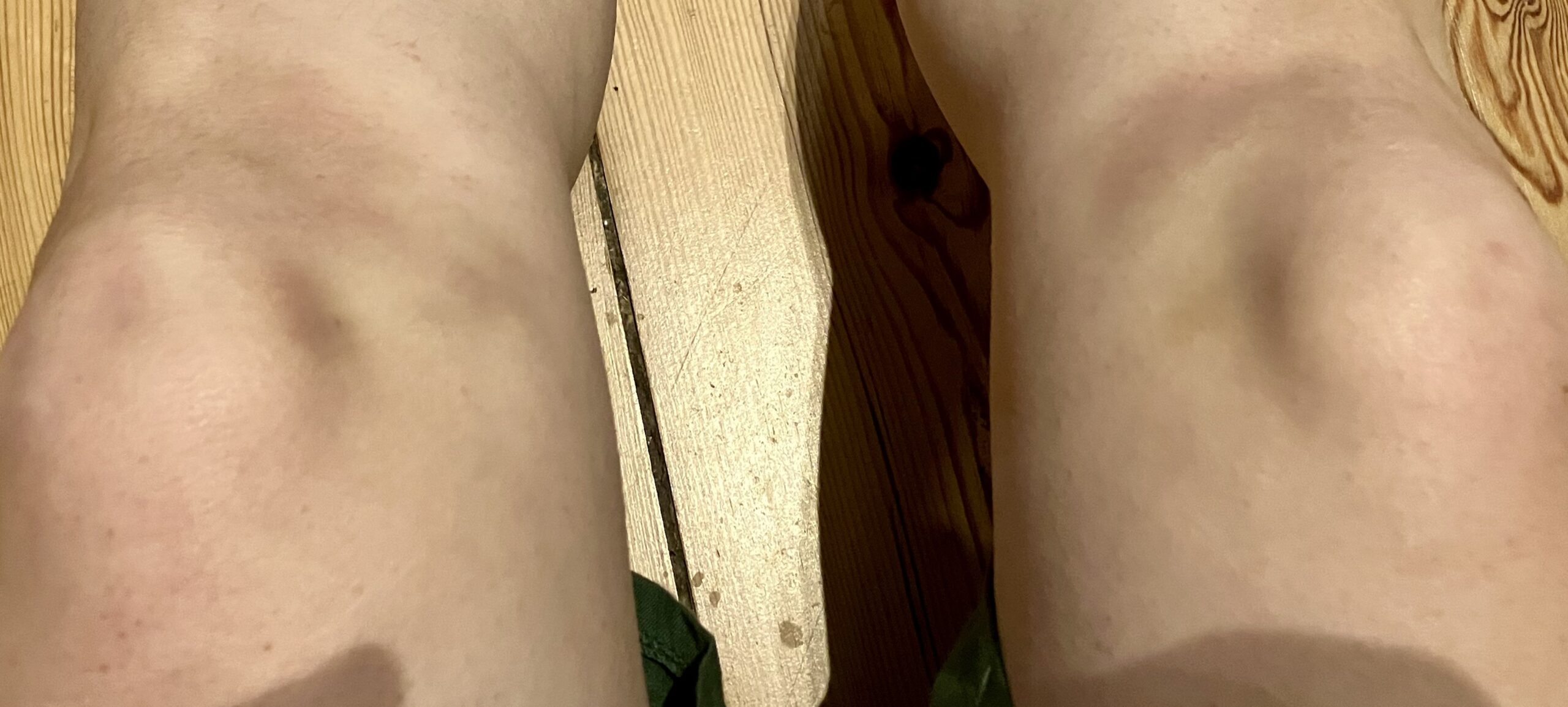We wrapped up the Neutral Mask a week ago, and last week was our second Foundations Week. I’m beginning to appreciate the wisdom of our schedule, because after Neutral Mask I really needed that week to process and digest. Without further ado, and with equal parts generosity (yes, mine), curiosity, and masochism (also mine), here are some brief thoughts on the neutral mask, or what I think I’ve learned about the neutral mask, if the neutral mask is a thing capable of submitting to the banality of being learned.
I don’t think I mastered it.
I don’t know if it can be mastered.
When I say I don’t know, I mean that there might be an answer, and that answer might be “yes, it can” or it might be “no, it can’t,” but also that there might not be an answer.
This is true of most questions one could ask about the neutral mask.
Putting on the neutral mask feels, not so much physically, but definitely emotionally, like diving into a pool of black water. Is there a bottom? Is it close? Will I hit it? Are there sharks? Is there another way out? Which way is forward? Which way is up? Should I keep swimming or go back the way I came? Can I find my way back?
The neutral mask is an extended, embodied zen koan.
The neutral mask is the mystery of the trinity, on your face.
The neutral mask is the Sphinx’s riddles.
The neutral mask is Inanna’s journey.
The neutral mask not that special.
The neutral mask is exactly what it sounds like: a neutral mask. You put it on your face. Your body is revealed. Your face remains neutral. There is no character. There is no past, there is no future. There is no fear. There is only the drive to move forward, and curiosity about the world in which the mask finds itself. You are to be as a blank page. It is an impossible task. In the mask, your individuality is thrown into high contrast. Erase it. Make your body a blank page, upon which and by which can be written any story, every story.
The purpose of the neutral mask is not to reveal the performer, it is to reveal the universe.
The neutral mask takes the fundamental journey from the ocean to the forest to the mountain to the river to the plain to the desert in an empty room in front of an audience that is not an audience—but the neutral mask must be seen. It cannot exist, it does not exist, it is not alive unless it is seen—but it does not see. Not the audience that is not an audience, anyway.
And then there’s via negativa, the Lacoq way of teaching, which, in the hands of a revered white man in authority or his less-well-grounded disciples, can become abusive. We are not taught this way, because many of our instructors have experienced abuse via this or other types of training. But they are by and large Lacoq-trained, this is a generally Lacoq-rooted school, and the neutral mask is a Lacoq training tool, so we were . . . kinda-sorta taught using the via negativa.
Those of you who’ve studied Latin will know that via negativa means “the negative way.” Perhaps this reputation is in some ways unjust, but famously, Lacoq says only, “no.”
From Jacques Lacoq and the British Theatre, by John Wright, chapter 5:
“[Via negativa] is a strategy where the teacher restricts comment to the negative, namely what is inappropriate and unacceptable, thus forcing the student to discover what is appropriate, whilst avoiding being prescriptive.
Picture the scene with forty students facing a space and the teacher proposing a theme and asking: “Who would like to try?” It doesn’t take much to imagine the size of this challenge. The students must find it in themselves to play with the theme in front of their peers with only a vague idea of what it is that the teacher is looking for. The teacher waits on the student’s initiative restricting his or her self to the role of a mirror that speaks so at the end of each offering the student is likely to be told: ‘That is not it. Thank you. Sit down. Two more people please.’
The via negativa is a tough but thorough learning process that compels each individual to find his or her own way in the work through watching, listening and eventually taking a risk in front of the audience.”
I’ve known generally about Lacoq’s technique for years, and found it terrifying, but this explanation makes a lot of sense to me (though this chapter does go on to point out that the implication then follows that the instructor knows the right answer and simply declines to give it). Not knowing much about Lacoq as a person, my guess is that that was not foremost in his mind; rather, he was, as the article above says, offering himself as a mirror. What greater act of generosity and care can an instructor give than their full, open attention?
We were, as I said, kinda-sorta taught neutral mask this way. We were not told in advance that we would be taught this way, which perhaps would have been helpful or perhaps would have ruined the magic.
Those three weeks were a bit like banging our heads into a brick wall, were exactly like banging our bodies into the marley floor, were a stripping down, a baring, a daring, an erasure, an exposure. I am glad it’s over, and I am glad I did it. I don’t know if I had my breakthrough, but I am proud to be on the other side of three weeks of genuinely arduous struggle. I am proud of the bruises on my knees and the burns on my feet. I am braver now.


4 responses to “Self-Revelation Again”
You are brave, Emilia!!
Thank you, Sam!
Do you think you are moving differently, body/face/mind in real life? Or maybe there is not a separation from school and everyday life for you atm
Almost certainly, though I have not much idea how I move at all whatever I’m doing. But my body is being changed by this work, certainly, and my proprioception is also almost certainly improved–I don’t see how it can be helped. The whole point, after all, is for all of this to be integrated into the Whole Package that is me, the me that is my body as well as my mind, soul, whatever. We, at my school, operate from the understanding that our physical intelligence, and our creative intelligence, and our intuition, are not less me than the logical, analytical parts, which are the parts our Western society interprets to be the “true” self. So I certainly hope so! That would be an indication that my education is “taking.” You can tell me when you come visit!